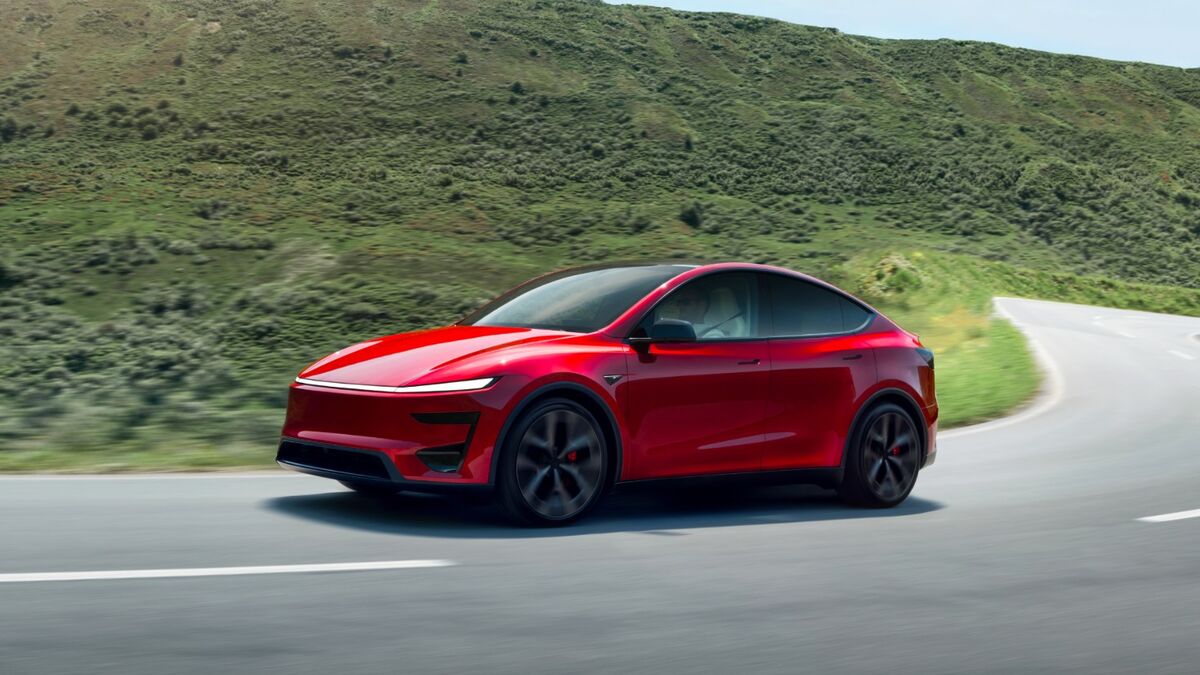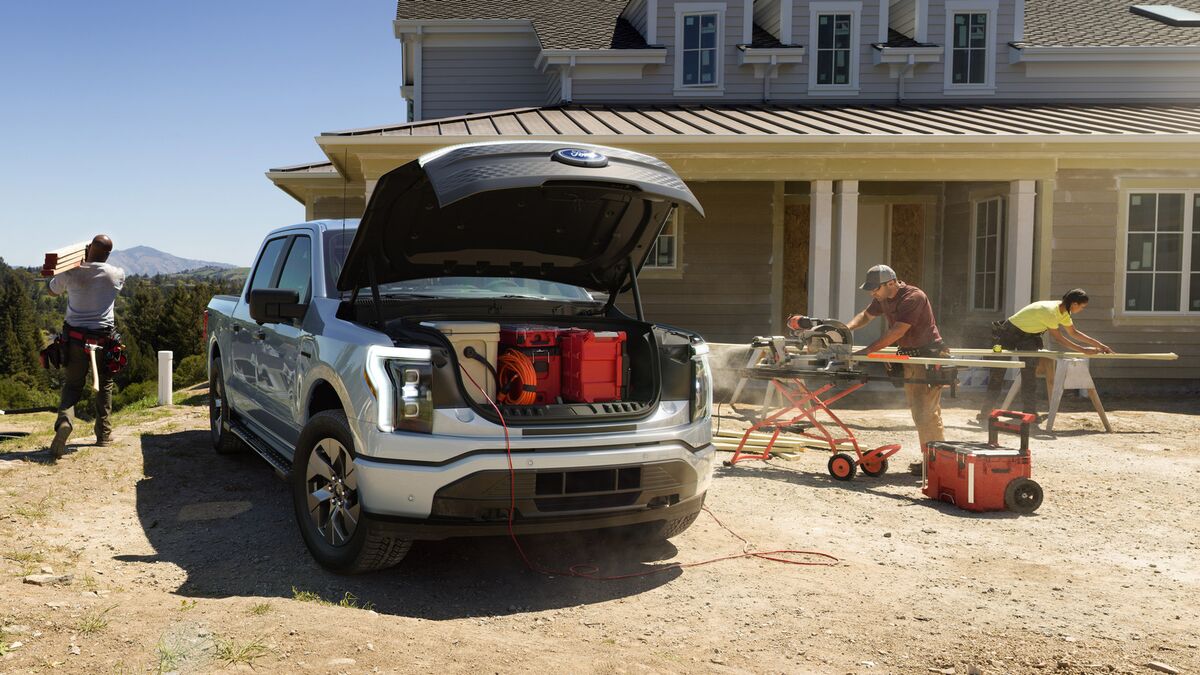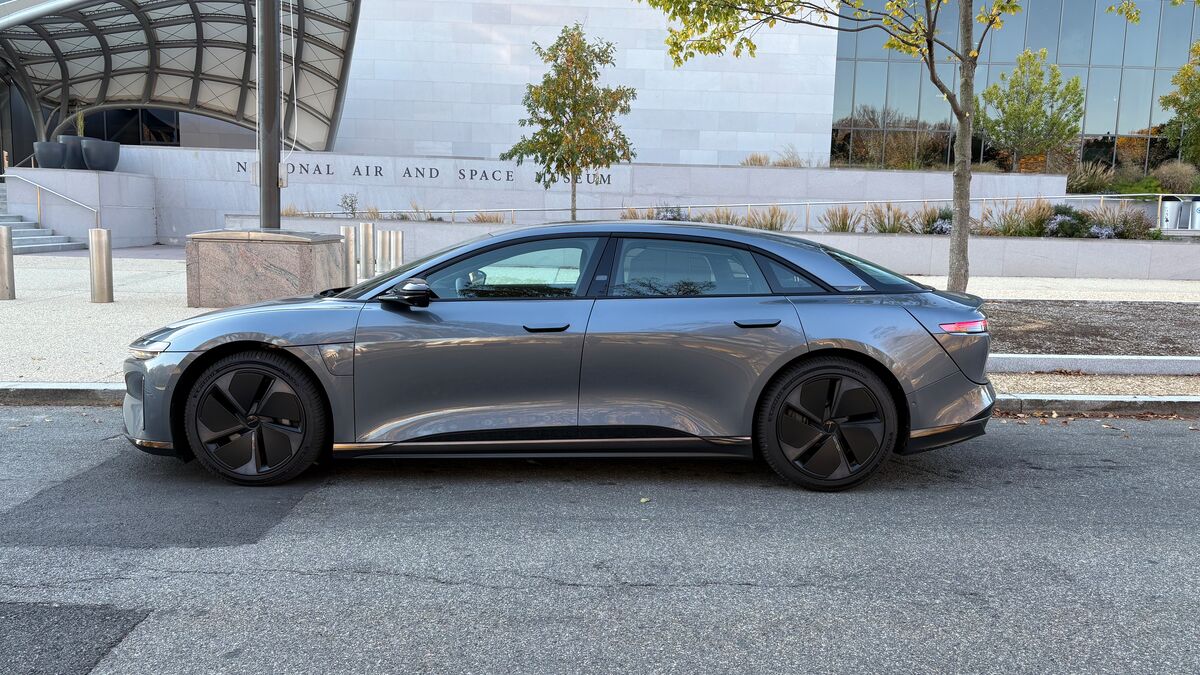
A little.
A smidge.
In 2021, they saved almost two days’ worth of gasoline.
It’s a Hard Number To Trim
America uses a lot of gasoline. The numbers are staggering.
According to the U.S. Energy Information Administration, Americans burned about 369 million gallons of gasoline per day in 2021. And that number was down a bit from historical highs. Many Americans drove fewer miles in 2021, amid the COVID-19 pandemic.
With about 4.25% of the world’s people, America consumes about 17% of the world’s oil.
A study by the Department of Energy’s Argonne National Lab concludes that, over the course of a decade, privately owned PHEVs and EVs “saved about 690 million gallons of gasoline — about two days of consumption– and reduced CO2 emissions by 5.4 million metric tons.”
It’s Early, and Adoption Is Speeding Up
The numbers are sobering but early. Four states have passed laws banning the sale of new gas-powered cars after 2035. But that date remains 13 years away.
EVs today make up less than 3% of the cars on American roads. But sales are accelerating quickly.
EV sales won’t grow in a linear fashion. They’ll snowball. Sales more than doubled in 2021. In the first six months of 2022, more than 5% of the new cars sold in the U.S. were electric (a number that excludes PHEVs).
One study has suggested that 5% is a crucial tipping point, after which sales accelerate.
Early signs may be proving that. Last quarter, overall new car sales fell by 0.1%. But electric car sales surged by 67% compared to the same period in 2021.
So complaining that electric vehicles haven’t displaced much gas usage yet is a bit like complaining that the fire department hasn’t put out the fire when they’re still unfurling the hoses.
But, to date, the numbers are unimpressive. EVs reduced national gasoline consumption in 2021, Argonne says, by just 0.54%.







